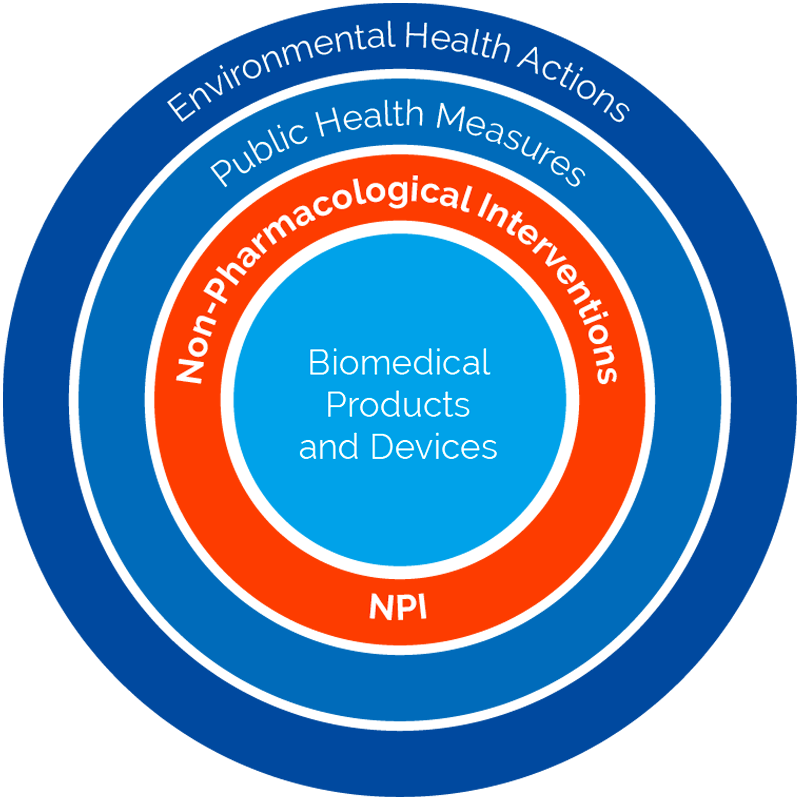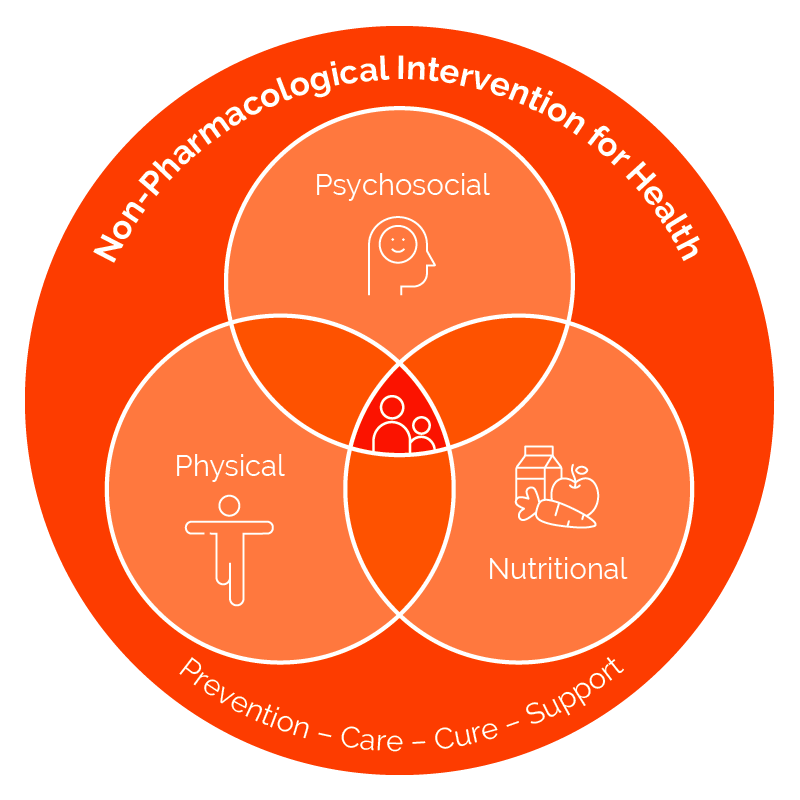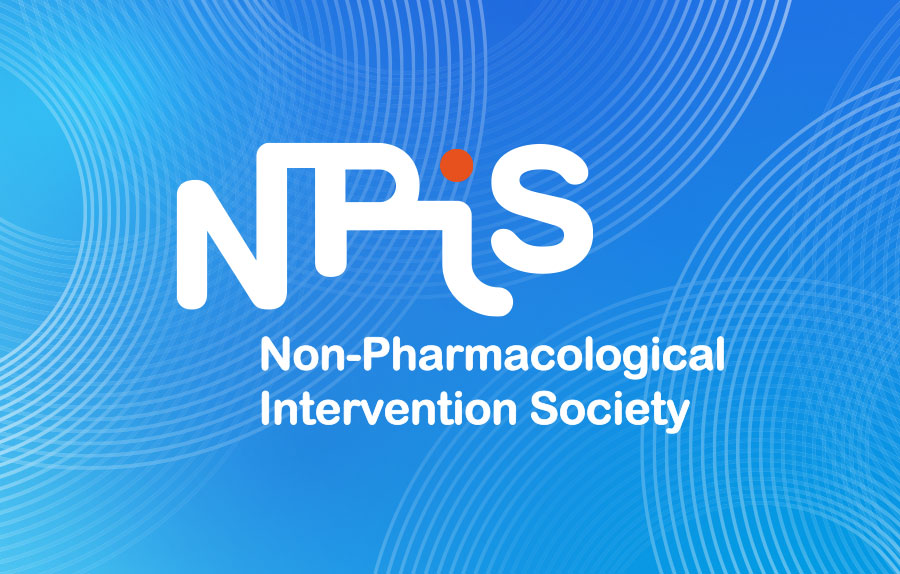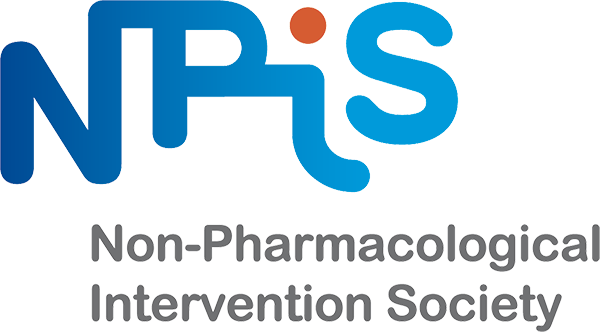NPI definition
• An NPI is a protocol that aims to prevent, treat, cure, or manage a health problem known to evidence-based medicine.
The problem can be an acute illness, a rare disease, a chronic disease, a symptom, or a modifiable risk factor (e.g., frailty in the elderly, risky behavior such as smoking, or a risky context such as a job exposed to significant risks). The benefit on this primary health criterion and other secondary ones can have a leveraging effect lastingly modifying a health behavior (e.g., stopping smoking following a therapeutic education program on a cardiovascular disease), or even a lifestyle (e.g., using a bicycle for daily travel following a physiotherapy program for lower back pain).
• An NPI is a standardized protocol that a professional personalizes to a user or a group of users.
Its implementation follows specifications and takes into account the preferences and health status of the user as well as the regulations in force, the territorial health organization (e.g., health establishment, multi-professional health center, care network) and the socio-cultural context. This health solution is thus “protocolized”. It is offered for a limited period. An NPI complements other treatments and general public health messages.

• An NPI is a prevention or care protocol that has a physical, nutritional or psychosocial focus.
Examples of physical-focused NPI are physiotherapy protocols, manual therapies, exercise programmes, occupational therapy methods, psychomotor programmes, midwifery protocols, nursing protocols, speech therapy methods, horticultural therapies and animal-assisted therapy programmes. Psychosocial-focused NPI include psychotherapies, disease prevention programmes, disease-management programmes, art therapy protocols, music therapy programmes, body-mind practices and animal-assisted therapies. Examples of nutritional-focused NPI are specific diets and intermittent fasting.

• An NPI is described using a standardized implementation card accessible to all practitioners and healthcare system operators.
The card specifies its name, benefits, risks, mechanisms, target population, content, supervisor, and context of use. It helps address descriptive inaccuracies mentioned in the scientific literature.
1. Reference to an observational study published in a peer-reviewed scientific journal.
2. Reference to a mechanistic study published in a peer-reviewed scientific journal.
3. Reference to a prototypical study published in a peer-reviewed scientific journal.
4. Reference to an interventional/clinical study published in a peer-reviewed scientific journal.
5. Reference to an implementation study published in a peer-reviewed scientific journal.
An NPI has five properties: it is described, explainable, effective, safe, and implementable.



